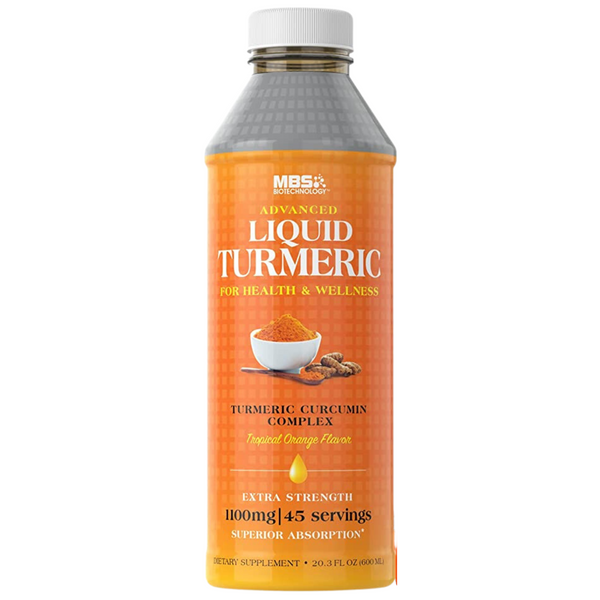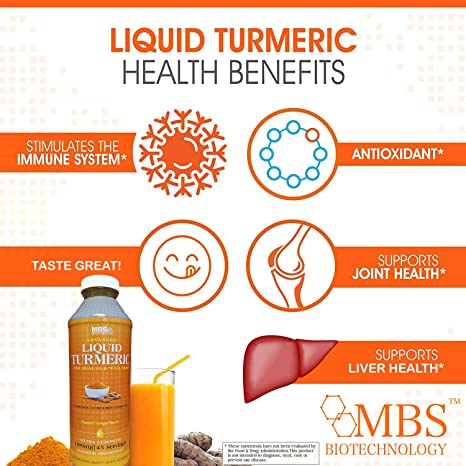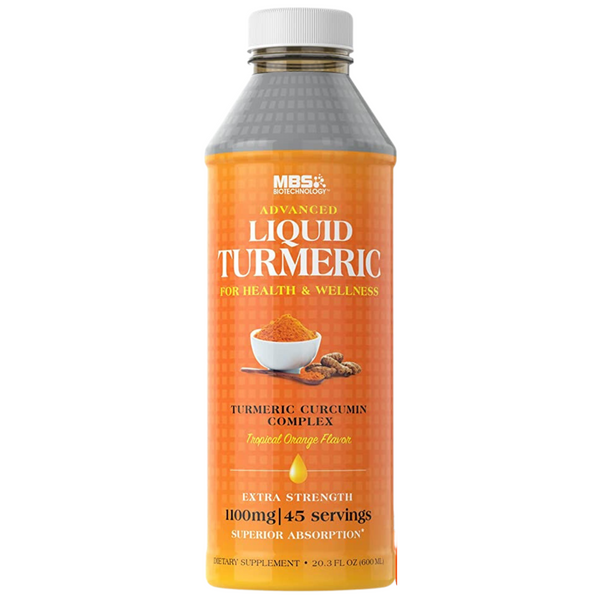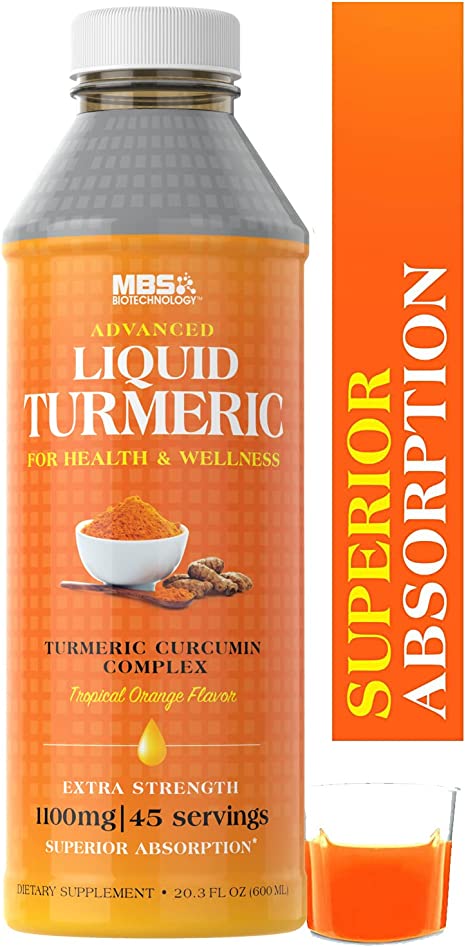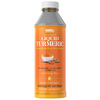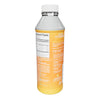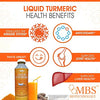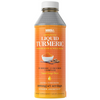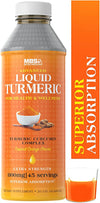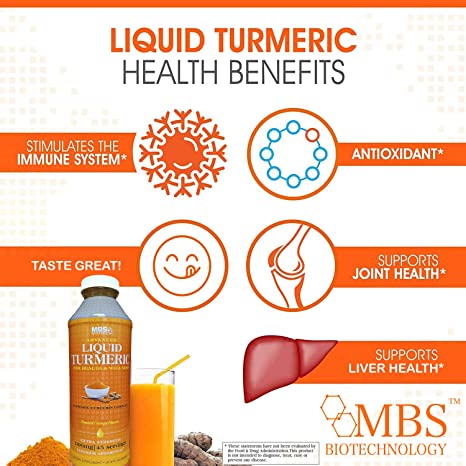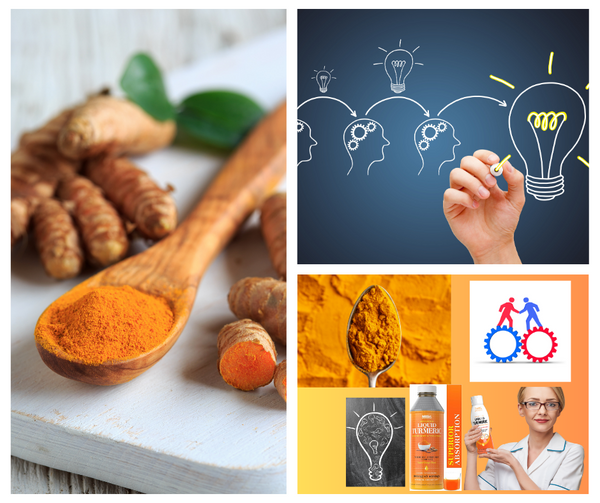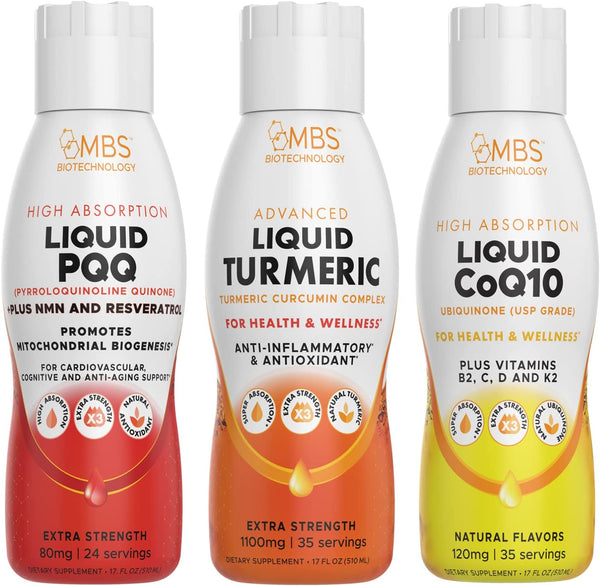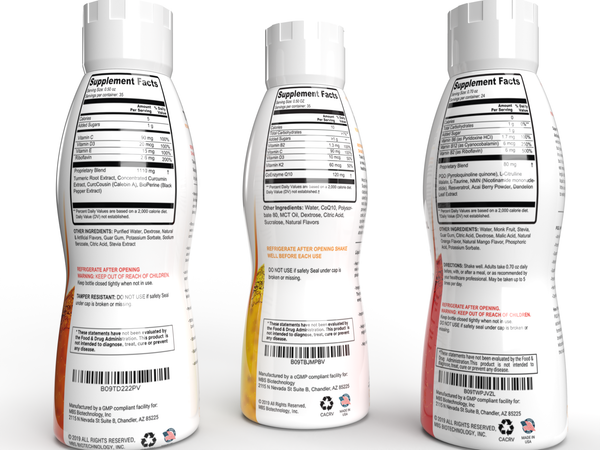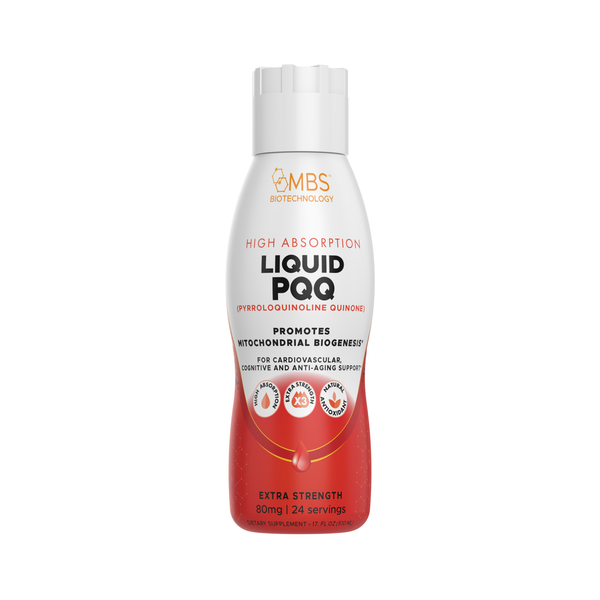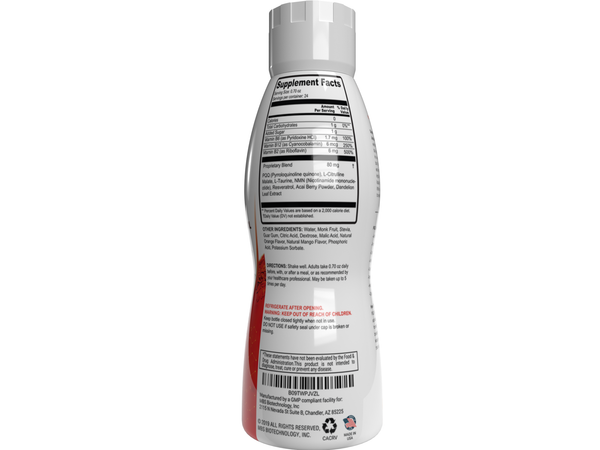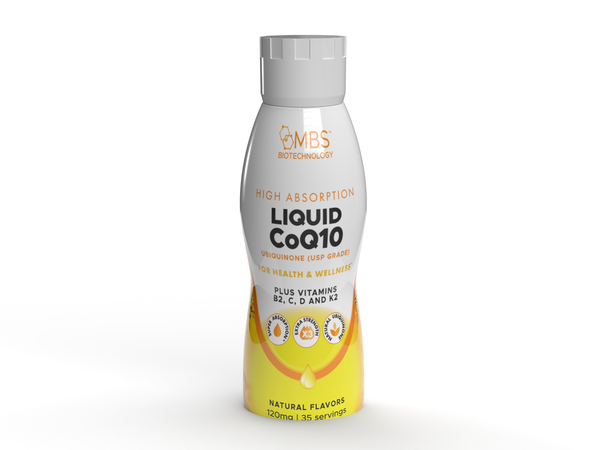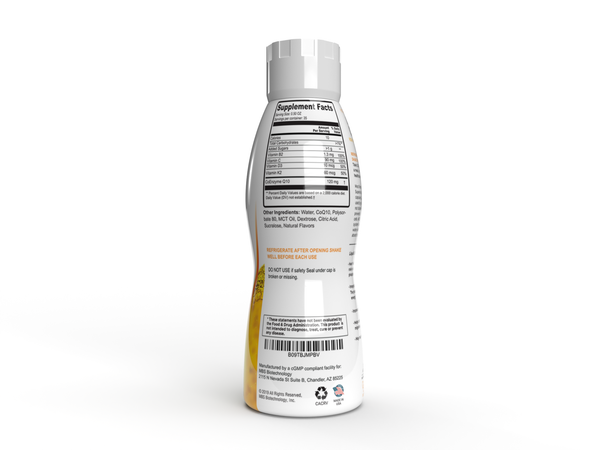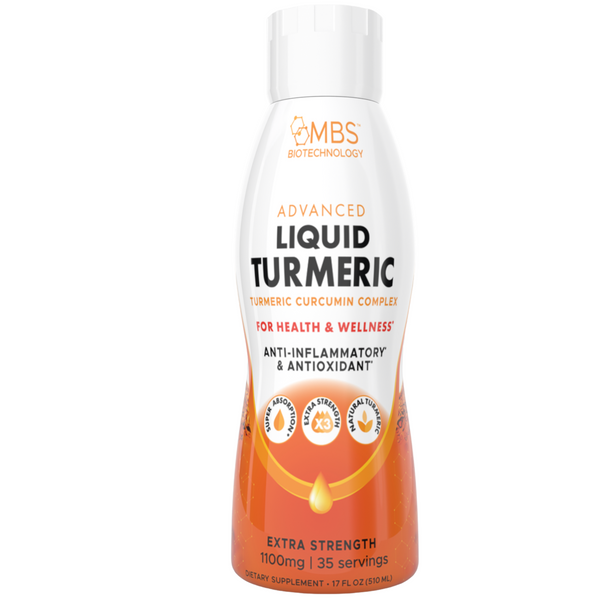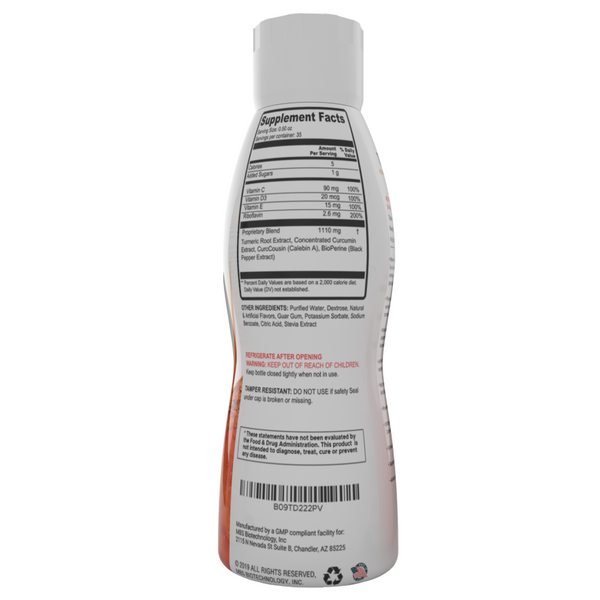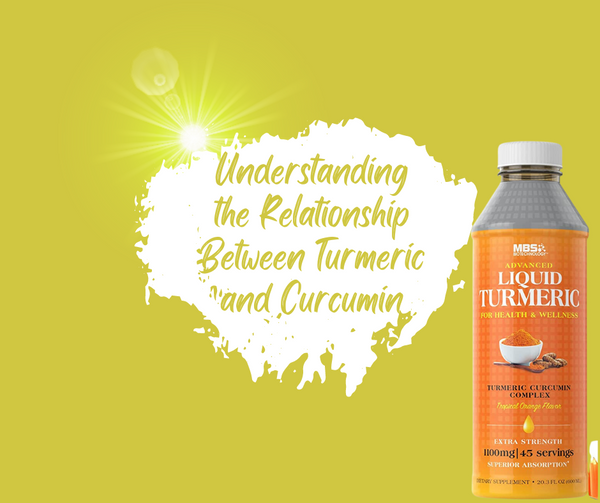
Understanding the Relationship Between Turmeric and Curcumin
Turmeric and curcumin are often used interchangeably, but they are not the same thing. Turmeric is a spice commonly used in Indian cuisine, while curcumin is a compound found in turmeric that has been studied for its potential health benefits. In this guide, we'll explore the differences between turmeric and curcumin and their respective health benefits.
Turmeric and curcumin have a close relationship. Turmeric is a spice that comes from the root of the Curcuma longa plant, which is native to Southeast Asia. It has a bright yellow color and a warm, bitter taste and is commonly used in Indian cuisine and traditional medicine. Curcumin is a naturally occurring compound found in turmeric and is responsible for giving the spice its yellow color. It is also the primary source of turmeric's health benefits, as it has powerful anti-inflammatory and antioxidant properties. While turmeric contains some curcumin, the amount is relatively low, so concentrated forms of curcumin, such as supplements, may be necessary to achieve therapeutic effects.
What is turmeric?
Turmeric, oh turmeric! This vibrant spice has been lighting up kitchens and medicine cabinets for centuries, and for good reason. It all starts with the root of the Curcuma longa plant, found in Southeast Asia. The bright yellow color and warm, bitter taste make it a staple in curries and other dishes, and its natural dyeing properties have even made it a popular choice in clothing and cosmetics.
But the real magic is in the compounds found within turmeric, including the star of the show: curcumin. This powerful compound is believed to be the driving force behind many of turmeric's health benefits.
What is curcumin?
Turmeric's secret weapon, Curcumin, is what sets it apart from the rest! This bright yellow pigment gives turmeric its unique color and packs a punch of health benefits. Curcumin's anti-inflammatory and antioxidant properties have caught the eye of scientists and researchers, leading to countless studies on its potential health benefits. But here's the catch - turmeric doesn't contain a ton of Curcumin on its own.
That's right! While turmeric is a fantastic spice with a rich history of use in cooking and traditional medicine, it doesn't contain a lot of curcumin. In fact, the amount of curcumin in turmeric is only about 3% by weight. So, if you're looking to get the full benefits of curcumin, you'll need to either consume large amounts of turmeric (which can be difficult and may not be practical) or supplement with a concentrated form of curcumin.
This is why many people opt for curcumin supplements, which provide a higher dose of this powerful compound.
What are the health benefits of turmeric and curcumin?
Turmeric and curcumin have been studied for their potential health benefits, including reducing inflammation, improving brain function, and reducing the risk of chronic diseases such as heart disease and cancer. Curcumin has been shown to have powerful antioxidant properties, which can help protect cells from damage caused by free radicals. Additionally, curcumin has been found to have anti-inflammatory effects, which may help reduce the risk of chronic diseases associated with inflammation. While turmeric contains some curcumin, supplements or concentrated extracts may be necessary to achieve therapeutic effects.
Some of the most notable benefits include:
-
Anti-inflammatory effects: Curcumin has powerful anti-inflammatory properties, which may help reduce the risk of chronic diseases associated with inflammation, such as heart disease, arthritis, and cancer.
-
Antioxidant properties: Curcumin is also a potent antioxidant, which can help protect cells from damage caused by free radicals.
-
Improved brain function: Studies have shown that curcumin may improve brain function and reduce the risk of age-related cognitive decline.
-
Cardiovascular health: Turmeric and curcumin have been shown to help improve cardiovascular health by reducing cholesterol levels and decreasing the risk of heart disease.
-
Pain relief: Curcumin has been shown to have pain-relieving effects, which may help reduce the symptoms of conditions like osteoarthritis and rheumatoid arthritis.
-
Improved digestion: Turmeric has been used for centuries to improve digestion and gut health, and its anti-inflammatory properties may help reduce the symptoms of digestive disorders such as irritable bowel syndrome (IBS) and Crohn's disease
Absorption: Curcumin is not easily absorbed by the body, and most of it is rapidly metabolized and eliminated. However, there are various forms of curcumin supplements available that have improved bioavailability, such as nanoparticle-based formulations and lipid-soluble curcuminoids.
Dosage: There is no established daily recommended dose for turmeric or curcumin, but most studies have used doses ranging from 500 mg to 2 g per day. It's always best to consult with a healthcare professional before starting any new supplement regimen.
Potential side effects: While turmeric and curcumin are generally considered safe, they may cause some side effects, such as an upset stomach, dizziness, and increased risk of bleeding. If you have any medical conditions or are taking any medications, it's important to talk to your doctor before taking turmeric or curcumin supplements.
Interactions with medications: Curcumin can interact with certain medications, such as blood-thinners, non-steroidal anti-inflammatory drugs (NSAIDs), and antacids. If you're taking any medications, it's important to talk to your doctor before taking curcumin supplements.
In conclusion, turmeric and curcumin have been used for centuries in traditional medicine and cooking, and have been shown to have a range of potential health benefits. While turmeric contains curcumin, its active ingredient, supplements or concentrated extracts may be necessary to achieve therapeutic effects. From reducing inflammation and improving brain function, to improving cardiovascular health and digestion, there are many reasons to consider incorporating turmeric and curcumin into your daily routine. Whether you choose to add more turmeric to your cooking or opt for a concentrated curcumin supplement, the potential health benefits are worth exploring.

